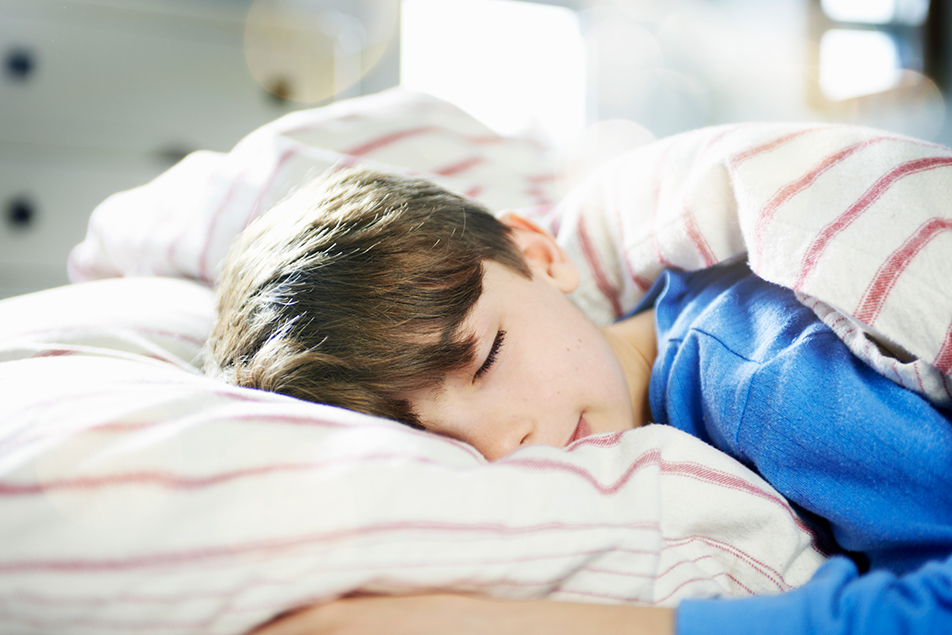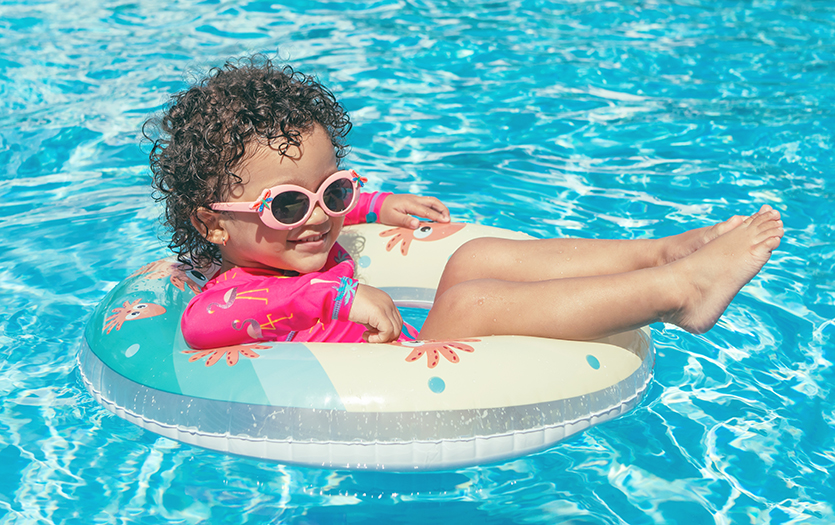
This post was written by Adam P. Yagodinski, PharmD candidate, and Heather Rodman, PharmD, BCPPS, Parkview Health.
Melatonin is currently the second most common supplement used in children in the United States, behind multivitamins. The sleep aid has been making headlines recently as the topic of overuse has come to the surface. In 2021, Poison Control reported a 5x increase in the number of calls about children taking a large amount of melatonin, compared to 2012.
In this post, we’ll look at what melatonin is, how it should be used safely and what a parent should do if their child takes too much.
What is melatonin?
Melatonin is a hormone made by the brain that manages your sleep-wake cycle. The over-the-counter (OTC) supplement can help with sleep problems, including trouble falling asleep.
How should melatonin be used?
Melatonin is available in many forms, including tablets, liquid, gummies, patches and sprays. While many different adult doses have been studied, there are less studies in children. It is recommended to talk to your child’s doctor about starting melatonin first. This way the doctor can evaluate your child’s sleep issue(s).
Dosing is based on age. Your child’s doctor can help select a dose that best fits your child’s age and needs. Doses should be given 30-60 minutes prior to bedtime for trouble falling asleep.
Safety
Melatonin is a supplement and not an FDA-regulated medication. The FDA does not monitor the contents of supplements, including melatonin. A study that looked at 31 different melatonin supplements found that most did not contain the amount of melatonin the label said it did.
To help with this, there are organizations that test supplements for quality, namely the United States Pharmacopeia (USP) and National Sanitation Foundation (NSF). Having the USP or NSF seal on the label means the supplement has the ingredients in the amounts listed on the label and follows good manufacturing practices (GMP). Make sure to pick a melatonin product with a USP or NSF seal! This goes for any supplement product.
Side effects
Melatonin is generally considered safe and well tolerated, but common side effects include drowsiness, dizziness, headaches and nausea. If your child is on other medications, it is important to provide this information to your doctor and/or pharmacist to prevent possible interactions.
Safety in children
Melatonin is not as well studied in children as it is in adults, however, it is still considered overall well tolerated in children. The lack of information and proper dosing are both strong arguments for discussing melatonin use with your child’s doctor before introducing it to their bedtime routine.
What to do if your child takes too much melatonin
If you think your child has taken too much melatonin, you can always call Poison Control at 1-800-222-1222. This is the best number in any instance when you think your child may have ingested an unknown substance or too much of any medication or supplement.
Melatonin overdoses are not likely to cause serious harm, but it is always important to be cautious.



